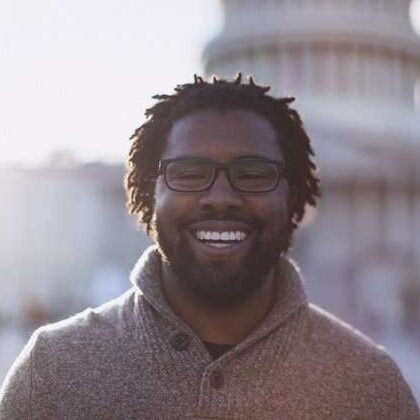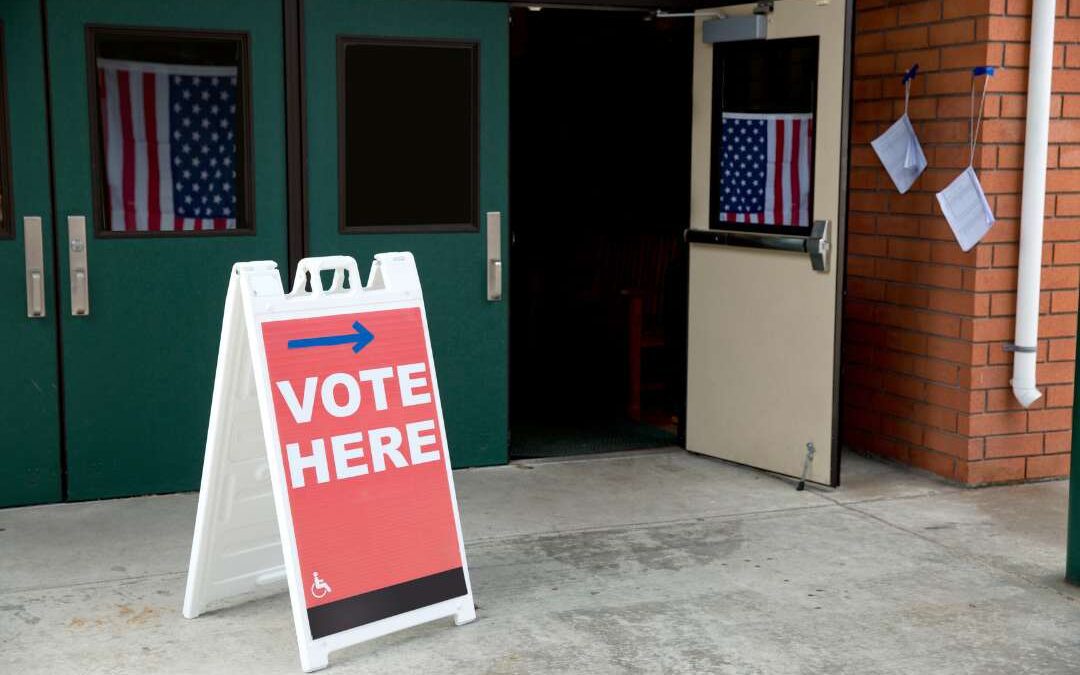Before You Ask a Minority About Race
I’m working on a starter kit for anyone wanting to think better—and more biblically—about race and racism. The kit includes suggestions about where one might begin thinking about these matters. And in the kit, I suggest not beginning by asking your black friend to explain racism to you.
Editor’s Note: The encouragements Isaac offers for white folks talking to their black friends are applicable to all majority/minority relationships. Here Isaac writes specifically about the white/black divide for simplicity and because he’s black.
Before I explain, let me say: I love my white friends, brothers, and sisters. I praise God for anyone trying to understand race and racism better. I count it a good thing when anyone works up the courage to ask about these matters—even if they do so clunkily. This isn’t a perfunctory disclaimer meant to pacify; it’s the truth. My white brother or sister, I assume your motives are good. I’m for you! Which is why I’m sharing this word: As you seek to grow in understanding race and racism, you’ll be helped—and more importantly you’ll help others (Philippians 2:3-4)—if you don’t make your black friend your first resource. Here’s why:
You’re putting pressure on your black friend.
You probably don’t realize it, but when you ask your black friend to explain racism to you, you’ve put them in a tough spot. On the one hand, they can feel as if it’s on them to convince you about racism. On the other hand, they might feel ill-equipped to do so. Not everyone feels competent to talk through these matters and, frankly, not everyone wants to. I host a podcast about race and the gospel, so I expect to have these conversations regularly. But not everyone wants a mic to their mouth (and they’re probably better for it!)
Race is one of the most complicated, fraught issues in this country; no one can explain it in one conversation. But sometimes it can feel as if white folks expect this one-stop summary. On top of this, my white friend, your black friend likely has their own painful experiences with racism, which means…
Your black friend is (likely) tired.
Tired of having to think about this—both for themselves and for others. Tired of seeing and experiencing the effects of racism. Tired of white people being anywhere from apathetic to antagonistic about race and racism. Tired of the same conversation seemingly bearing no fruit. Tired of being made to feel like a representative or spokesperson for the entire race, which is especially hard given that…
Your black friend is (likely) not an expert.
Just because your friend is black, that doesn’t mean they’re well-versed on race and racism. Hear me, your friend can speak powerfully and usefully about their own experience. But a lot of authors, scholars, and teachers have put in a lot of work to understand and explain the complexities of race and racism. They’re happy to talk about them. Might they be a better resource than your friend? After all, your friend’s experiences aren’t universal, and your friend is more than their experiences.
Your black friend is a image-bearer.
When asked about racial matters, blacks can feel objectified, as if they are just a train stop—one of many—on their friends’ journeys to racial enlightenment. For the white friend asking questions, the conversation is an optional intellectual exercise. The white friend can enter and leave the conversation easily, the black friend, not so much.
So, my white brother or sister, rather than trying to pump them for information, really get to know your black friends. If you do, you’ll have better conversations. Read and study these issues because…
You’re also an image-bearer.
One of the things being made in God’s image means is that you can think critically. Don’t take the lazy way out, expecting someone else to make sense of all these things for you. Read a book. Watch a movie. Visit a local civil rights museum or monument. As you study race, go to other resources with your questions before you go to your black friend. Otherwise, you may ask more than you intend to when you ask your minority friends questions. What’s more, if you’re unwilling to your own research first, frankly, I question your commitment to learning about these matters.
Conclusion
Friend, I know this can sound like yet another rule in a conversation that has so much law and so little grace. We should lament—and repent of—the lack of charity in these conversations. We shouldn’t expect imperfect people to perfectly speak about tough matters.
So, I’m not saying you have to be perfect in these conversations. I’m not saying that minorities don’t bear an obligation to help their white brothers and sisters. I’m not saying you should never ask your black friend questions or be afraid to do so. I hope you do ask your questions. Questions often lead to clarity, and clarity to unity—and how good and pleasant it is when God’s people live together in unity (Psalm 133:1)!
My white friend, what I am saying is this: you can ask your questions in a more informed, loving way. I trust you want to do as much.
Prayer Requests:
- Please pray for the starter kit I’m working on!
- Pray the Lord would give wisdom as his children to speak the truth in love and seek the truth in love.
- Pray that the Lord’s children have much boldness in being vulnerable and extend much grace to one another as we enter these conversations.











